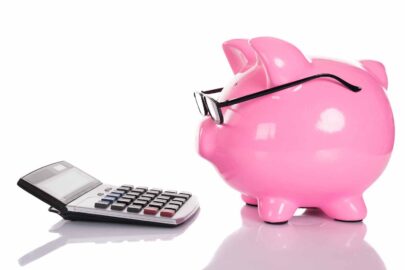A research project by Royal London, in partnership with YouGov, has identified a possible financial “road to recovery”, even for those on the tightest budgets.
A sample of Royal London customers were given smartphone budgeting ‘apps’ (or a pen and paper equivalent) to use for a three month period. They were quizzed about their finances at the start of the research and then again after three months of using the apps. The approach wasn’t for everyone with some people not interested and others giving up during the course of the study. However, about a quarter of those who were contacted persevered for the three month period and several reported “quite striking” changes in behaviour simply because they had started monitoring in detail what they were spending every day. Of those who persevered, 49% said that using a budgeting method was helpful in monitoring what they spent.
Some of the changes in behaviour reported by individual participants in the research included:
- Starting to shop at cheaper supermarkets;
- Cycling to work instead of taking the bus;
- Going through bank statements and spotting old direct debits and standing orders that had never been cancelled;
- Giving up smoking;
- Buying a quality coffee machine instead of spending large amounts each week on expensive bought-in coffee;
Budgeting also encouraged people to save for unexpected expenses with 26% saying they were more motivated to do so at the end of the project.
Steve Webb, Royal London’s director of policy, said: “At this time of year, many people will be dreading the arrival of the December credit card bill and wondering how they can make ends meet. What was interesting about our research project was the way in which the simple act of monitoring what you spend every day or week made some people more aware and put them more in control of their finances. They were then able to make their own choices about priorities.
“Monitoring spending with an app or even a notebook will not work for everyone, but a number of the participants in our research were clear that it had helped them to get a grip on their finances.”
Feedback from individual participants included:
“It has really helped me understand what I am spending each month…. I used the budgeting tool to track money I spend on everything such as what money goes on childcare, groceries, clothes, how much I take out in cash (which therefore I don’t really know where it goes). I don’t think I had any particular expectations before using the tool, I found it very useful.”
“I was surprised with the amount I spent on coffee so I bought a coffee machine for home.”
“I travel to work less by bus as I realised I was spending a lot on travel and now cycle more, so the app has helped me to save money.”
There were numerous examples of participants now having a small surplus at the end of the month, with one participant saying: “I used to buy non-essentials on impulse, I no longer do this, I would rather save money each month. I list essential items I need, if I see a bargain I will sometimes buy it but on the whole I stick to what I need so at the end of the month I have money left. I put this into an online savings account which I am now using for maybe an extra holiday…”
The study also looked at whether technology, such as smartphone budgeting apps, could make a difference compared to the traditional method of using a pen and paper to track one’s finances. Despite the preference of some participants for the latest technology, simply noting spending down with pen and paper scored highly, with 73% saying this method of budgeting was good or very good at encouraging them to interact with their finances.
